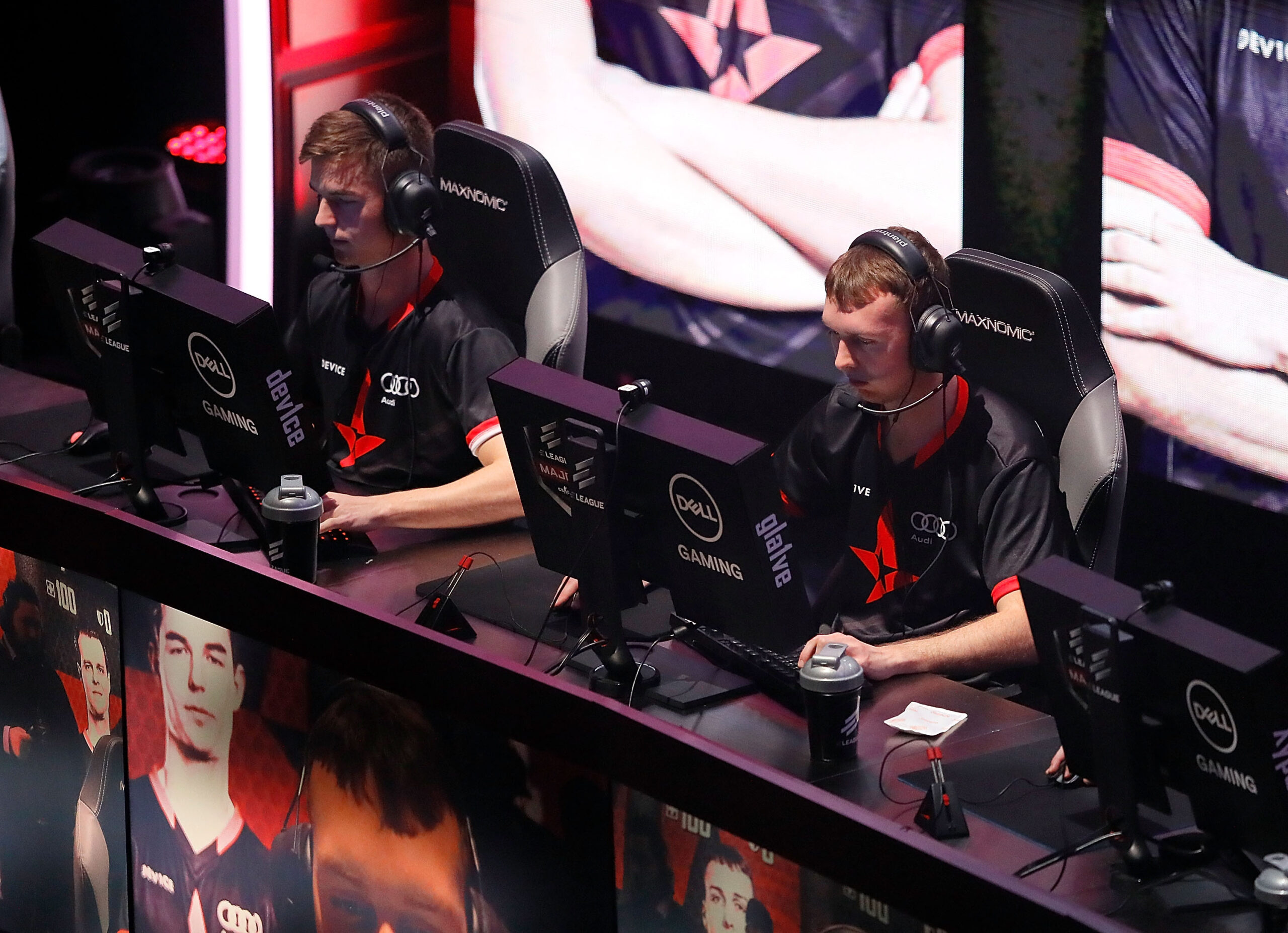
Getty Images
As the digital realm and technology advances, new investment arenas and spaces open up. One of these spaces currently growing is eSports — essentially, video game competitions and tournaments. eSports have been around since the advent of online multiplayer gaming. However, it’s only in recent years that the community has inched closer and closer to


